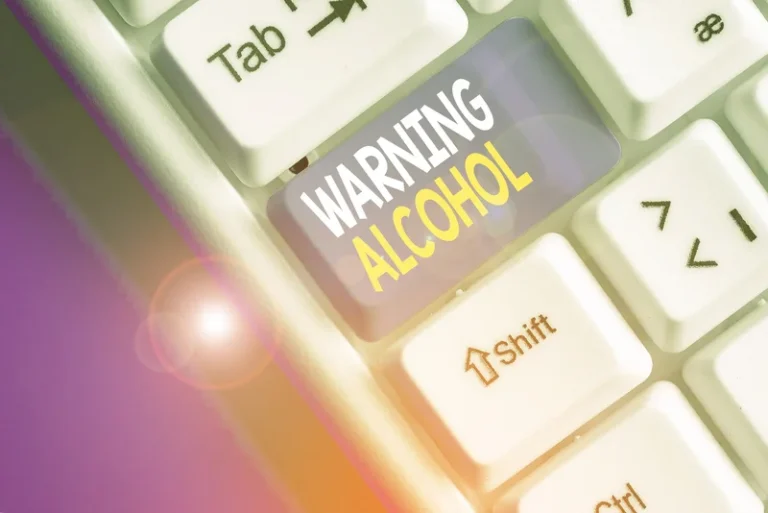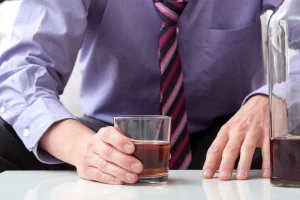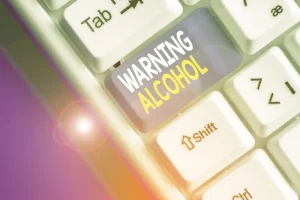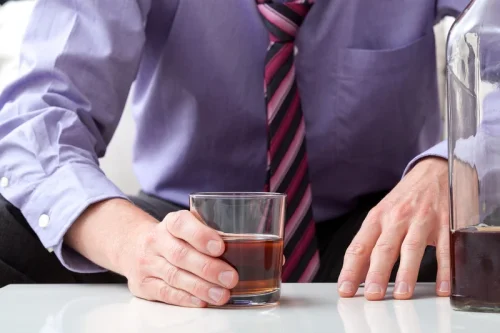
An example would be telling someone how sorry you are that you stole from them and actually giving back what you took. You can help people who are affected by alcoholism by making a donation to the Cleveland District Office. In 12-Step groups such as AA, making amends is covered in Step 8 and Step 9. Try not to worry whether someone’s still alive or has passed away or if they care about you and what you did. If you used a worksheet on Step 4 to catalog the mistakes you have made or your current resentments, it can be very useful to go line by line and consider who is currently was hurt by these events. This can be an excellent prompt for your Step 8 worksheet, but it should expand beyond that worksheet if possible.

Amends Versus Apologies
The reason why it is better to make amends earlier rather than later is based on experience and case studies. Many recovering alcoholics have relapsed when they allowed their fears to block them from completing step nine. For example, Dr. Bob, one of the original founders of the AA program, could not stay sober until he went around town and made amends to all those he had hurt. Having a sponsor helps with the ninth step, as sponsors work side-by-side with recovering alcoholics and help determine how to handle making amends. Many sponsors bring an awareness of why individuals are motivated to express amends and can question the beneficial purpose of sharing such information from the past.
How to Start Step 9

If the recovering alcoholic is able to do this, then it demonstrates that they are progressing positively and ready for the tenth step. The guilt for your wrongdoings will eventually dissipate and by making an apology and amends, you will be able to let go and live. Before completing step nine, the recovering alcoholic needs to be ready to deliver their message with the best intentions, not motivated by false expectations. However, following the Big Book, the guiding principle of step nine is to complete your full amends at the earliest opportunity, of course, only if such action is possible, proper, and will not result in additional harm.
- Especially if the disease behaviors created deep fissures, or if they are used in place of more direct amends.
- You are setting the record strait to clean up your side of the street, so to speak.
- If you used a worksheet on Step 4 to catalog the mistakes you have made or your current resentments, it can be very useful to go line by line and consider who is currently was hurt by these events.
- Talk with your sponsor or others in your recovery community about what has worked for them.
- In sum, when recovering alcoholics reach step nine, they are completely connected to their Higher Power.
- Generally speaking, people work through the Steps of Alcohol Anonymous with an addiction treatment counselor and/or sponsor.
How Step 9 of AA Fits Into Your Recovery Journey

We cannot control how others respond, whether they will forgive or whether they will hold on to negative feelings or resentments. Step 9 aims to provide you with personal peace of mind, as well as healing in your relationships. The idea of making amends can trigger anxiety and fear of rejection, but you can move through this process at your own pace. Your sponsor can also serve as a source of emotional support during this time. Participating in support groups like Alcoholics Anonymous (AA) can be an important component of your recovery from alcohol misuse and addiction. Step 8 of AA involves personal relationships, and working through this step can be a challenging yet helpful part of your journey.
Alcoholics Anonymous (AA) Step 9: Make Amends to People You’ve Harmed
Whether or not you’re intimately familiar with the Twelve Steps of AA, you’ve probably heard of Step Nine. Making Amends with Others has positioned itself in the public eye to a degree that many of the other eleven steps haven’t. That’s because it attempts to rectify the outward consequences of the disease. Many alcoholics in early sobriety struggle with how to make direct amends for certain offenses against others. To help, we’ve compiled a list of examples of making amends in recovery that deal with ambiguous scenarios. When you make amends, you acknowledge and take responsibility for your actions that have hurt others.

Work with your sponsor, treatment center, and 12-Step group to determine which parts amends definition aa of this are right for you. Living Amends is a positive way to display to others and to prove to yourself that you have evolved from the person that you used to be. Living amends is a promise to yourself that you have made a genuine lifestyle change.
- If making an amends means exposing ourselves to triggering environments, we ought to reconsider and discuss healthy alternatives with a sponsor or addiction counselor.
- Having had a spiritual awakening as the result of these Steps, we tried to carry this message to alcoholics, and to practice these principles in all our affairs.
- The four categories determine the manner in which the recovering alcoholic will express their amends.
- The 8th Step leads you to the knowledge that there are things you can and can’t change by identifying who you’ve harmed and how you’ve harmed them and then making a list.
What Is Step 8 of AA?
After all, didn’t my mind almost lead me into a bar just two weeks before? He also said that he thought I was silly as a pet coon, which I did not like very much. Ask yourself if you’ve truly embraced humility and given yourself over to a higher power. By Buddy TBuddy T is a writer and founding member of the Online Al-Anon Outreach Committee with decades of experience writing about alcoholism. Because he is a member of a support group that stresses the importance of anonymity at the public level, he does not use his photograph or his real name on this website. I also realized that in my childhood, that I had blamed my Dad for things my Mom actually caused by trying to get him to stop drinking.
- And those words ring hollow when we repeatedly break our promises.
- Making amends fosters clarity, self-forgiveness, and relief from guilt, which is healing.
- There are many profound differences between giving someone an apology and making amends with them.
- If interacting with someone re-traumatizes you, or increases your risk of relapse, you might want to reconsider approaching them.
- This is part of our ongoing commitment to ensure FHE Health is trusted as a leader in mental health and addiction care.
For years he had been drinking and she started later in my life, so I also blamed his actions for making her drink. Step 9 is another one of the 12 steps, that initially appears most difficult, but the rewards of putting this principle into practice can be immense. The spiritual principle involved is that of forgiveness, not only from others but forgiveness of self, which can bring healing to both parties. Individualized detox and residential care for addiction and co-occurring conditions using experiential healing activities like dolphin therapy on beautiful Kona.
Understanding these types can help tailor your script to your specific needs, and these can vary from person to person for whom you have to make amends. We can’t know for certain how another person will respond—or even how the interaction might affect us emotionally. So be sure to talk with your sponsor and/or support group about your plan in the event that you need support. I must add that, as previously stated, I came awfully close to drinking about two weeks before starting the step process. Therefore, my sponsor told me that I could not rely on my mind to put truth on paper.
